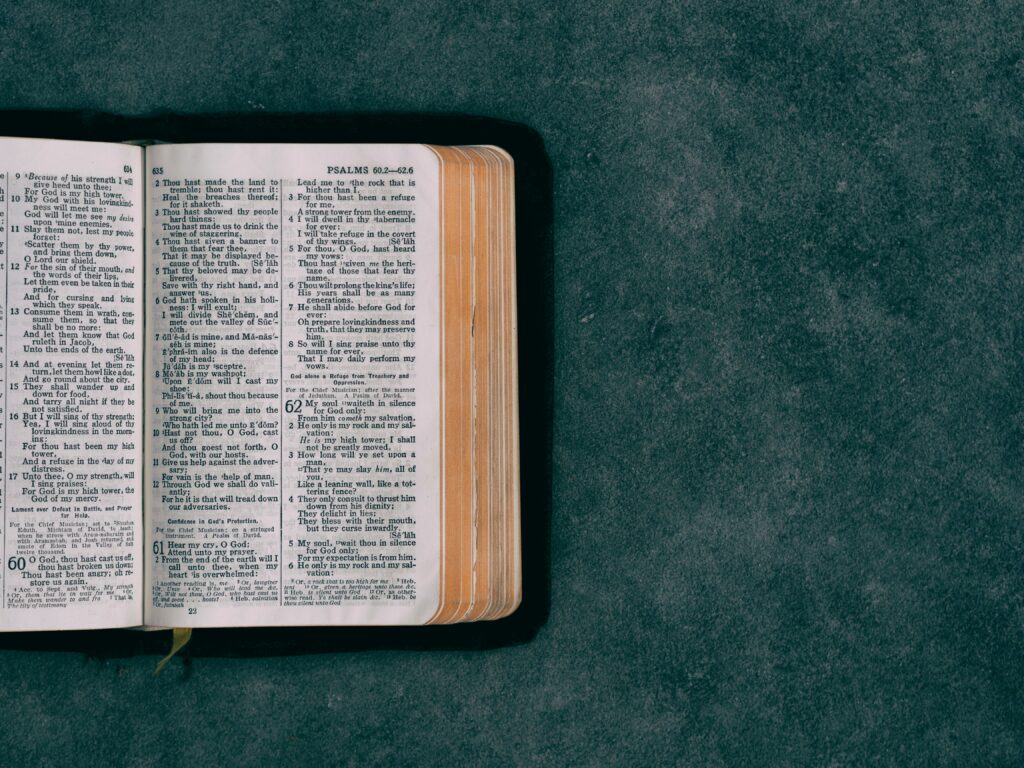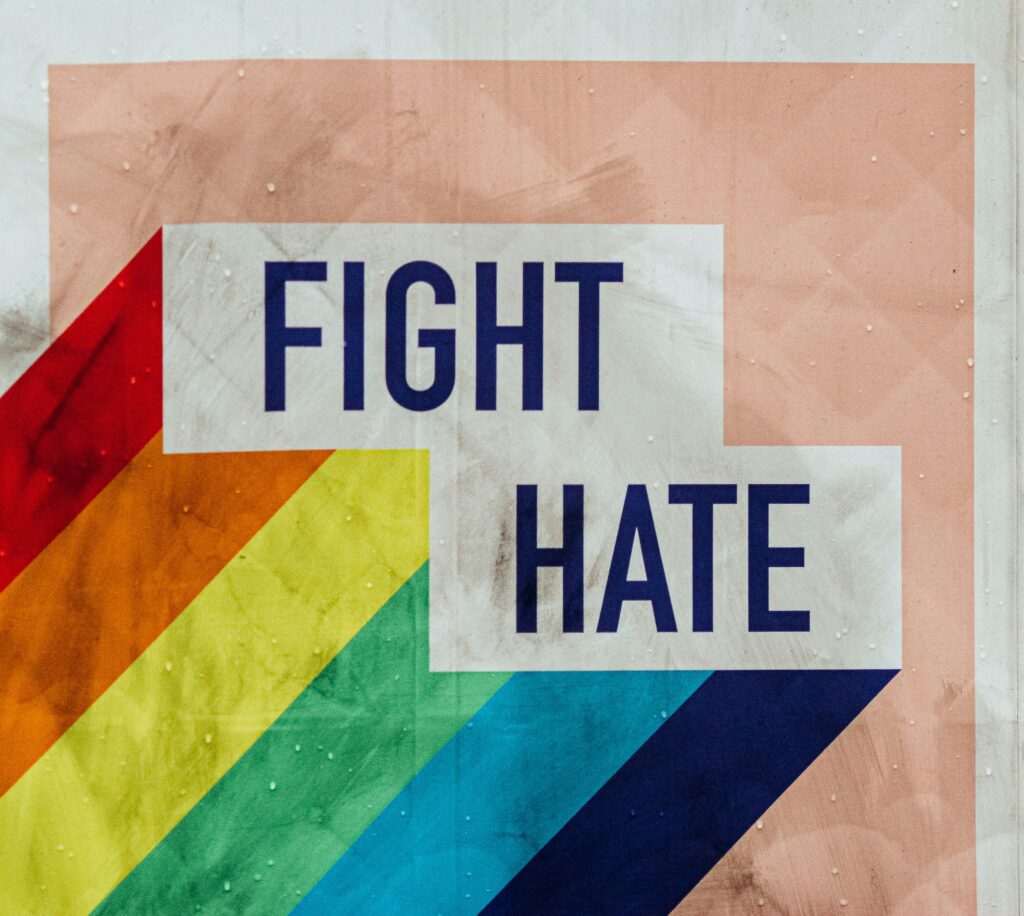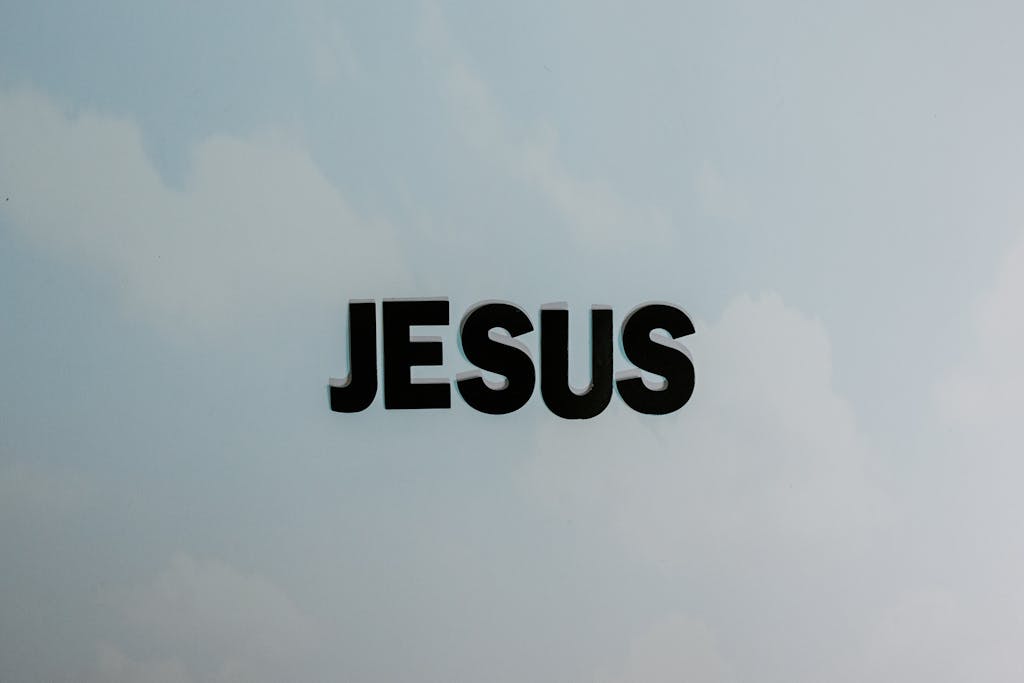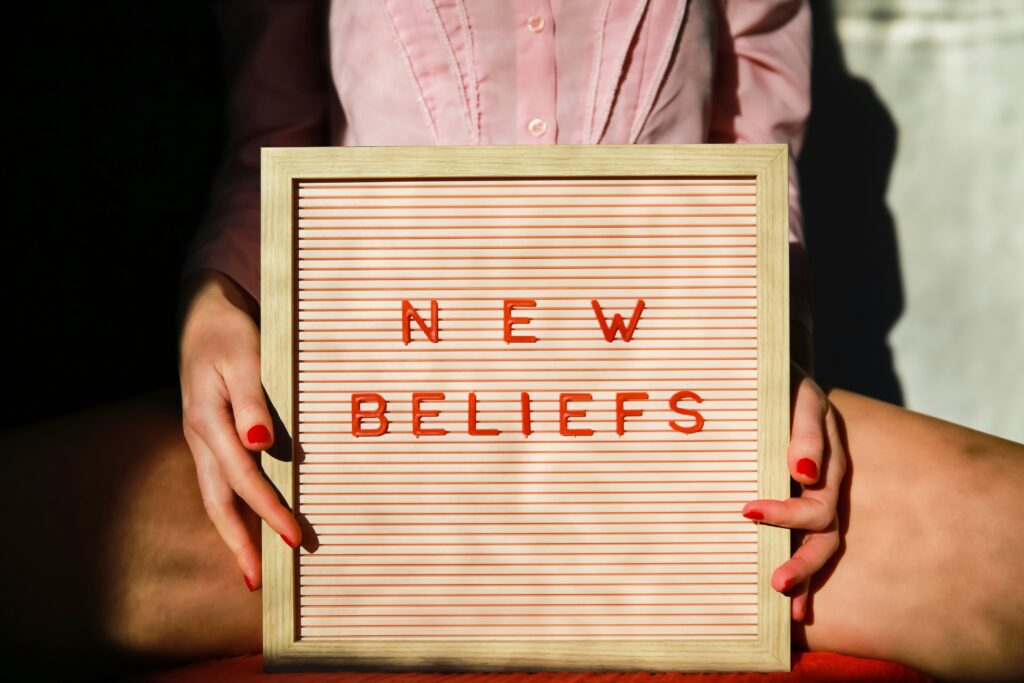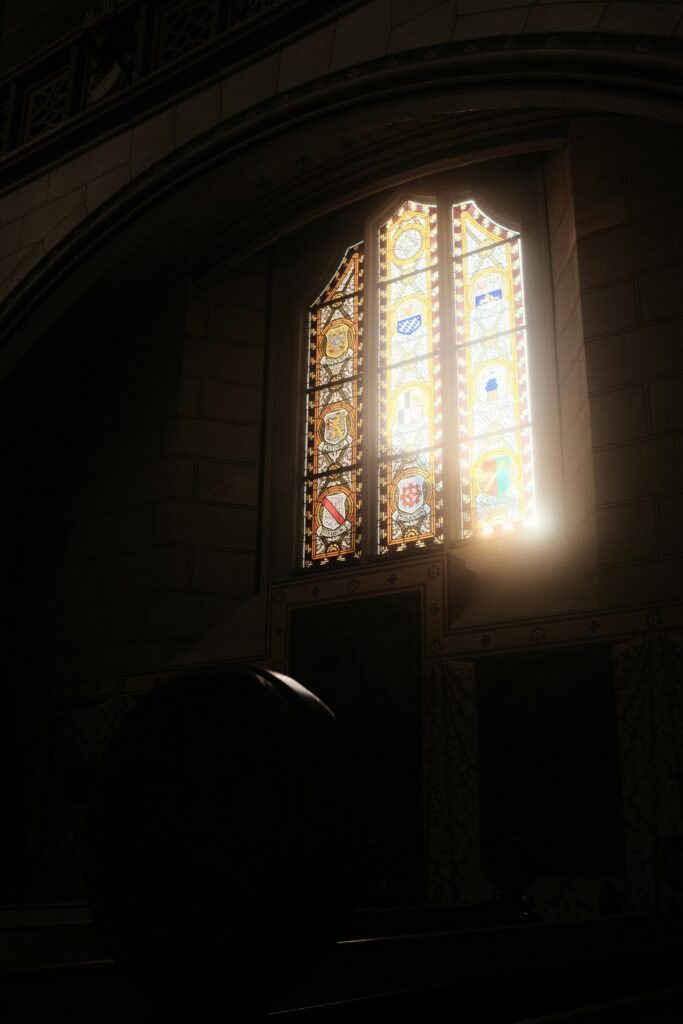Christianity and Politics: Anti-Christian Bias & the Gospel
Examining an Executive Order and Its Contradictions with the Gospel
I. In the News–Christianity & Politics
In February 2025, President Trump signed an executive order establishing a “Task Force to Combat Anti-Christian Bias.” Framed as a protection for religious freedom, the order grants sweeping authority to a federal task force tasked with investigating alleged discrimination against Christians in government contracts, grants, and policies. It mandates reporting mechanisms across agencies and directs departments to eliminate what it calls systemic bias against Christian Americans.
But the timing speaks volumes. The executive order was announced alongside the suspension of refugee resettlement programs—a striking contradiction between claimed “Christian values” and the gospel’s clear command to welcome the stranger.
II. The Fear and Division Being Sown
This initiative is rooted in a narrative of Christian persecution that distorts reality. Its supporters claim Christians are systematically discriminated against—pointing to lawsuits over LGBTQ+ inclusion, campus recognition of Christian student groups, and faith-based agencies losing contracts for refusing to serve same-sex couples.
But this narrative ignores the facts. Christians still make up over two-thirds of the U.S. population and hold overwhelming influence in Congress, the Supreme Court, and most state legislatures. The suggestion that Christians are an oppressed minority in need of special government protection is not only dishonest—it is dangerous.
What’s being cultivated is fear–fear that Christianity itself is under attack, fear that the cultural dominance of Christians is slipping away, fear that “others” are taking over. But this isn’t about religious freedom. It’s about Christian supremacy.
Many Christian leaders have explicitly stated as much, as a coalition of clergy recently condemned the order, warning that it weaponizes religion to justify bigotry and undercut civil rights protections. The executive order, they noted, was “littered with anti-LGBTQ+ rhetoric,” betraying its true target: not government bias, but laws that protect vulnerable communities.
To be clear, this isn’t the defense of faith. It’s division. It creates an “us versus them” mindset, pitting Christians against LGBTQ+ people, religious minorities, immigrants, and secular institutions. That’s not the Gospel. That’s fear in religious clothing.
III. Reclaiming the Gospel
Jesus called for a radically different kind of Kingdom
A difficult irony that is often lost amid efforts like this to defend Christian power is that the Gospel doesn’t begin anywhere near the halls of power. It begins in the margins, as Jesus is born to an unwed teenager in a backwater town, far from empire’s spotlight. The first to hear the news are shepherds—poor, untrusted laborers. From its very start, Christianity has declared something radical: God’s kingdom is not like ours.
Jesus’ ministry offered further testimony to this, as he embodied liberation wherever he went, touching the untouchables, speaking with outcasts, eating with known sinners, lifting up women in a patriarchal society, and forgiving those condemned by religion and empire. He defied the powerful, it was never to seize their authority, but to dismantle the systems they used to control. He focused on the very people empire discarded.
When he spoke of the “kingdom of God,” it wasn’t about heaven later—it was about justice in the now. He described God’s kingdom as a place where the last are first, the hungry are filled, the powerful are brought low, and the proud are scattered. He taught that we gain our lives by giving them away. It is, as theologians often say, an “upside-down kingdom.”
From Early Church Discipleship to Power-Hungry Debacles
The early Church understood this, which is why they didn’t gather in grand cathedrals or campaign for imperial favor. Rather, they met in homes and shared everything they had so no one went without. They welcomed the enslaved, the poor, the women, the foreigner, and the outcast. They were even persecuted because they threatened the order of the world—a world built on hierarchy, patriarchy, and domination. Their gospel broke down those walls.
But over time, the Church became aligned with empire. When Christianity became Rome’s state religion, the upside-down kingdom began to look suspiciously right-side-up. Faith that once subverted power structures now reinforced them. Colonialism, patriarchy, and white supremacy were all illegitimately baptized in the name of Christ, as the liberating gospel was turned into a tool of control.
And that’s where we find ourselves today, as Christianity is far too often used as a tool to prop up the powerful instead of the powerless.
The Gospel We Must Reclaim
To be clear, it should not go unsaid that Christian persecution is still very present in the world today. It exists in places where believers are jailed, attacked, or even killed for their faith. But in America, cries of persecution ring hollow when those making them already hold power at nearly every level. This is not faithfulness—it is fear masquerading as faith.
What does true faithfulness look like? According to the Gospel, it looks like standing with refugees, not turning them away. It looks like defending the rights of all faiths, not just our own. It looks like lifting up the lowly, challenging the proud, and refusing to trade the cross for a crown.
The Gospel is not a tool of control. It is good news for the poor, liberation for the oppressed, and hope for the weary.
So the question before us is urgent and unavoidable: Will we follow the Christ who gave up everything to serve others? Or will we chase after the temptation he resisted in the wilderness—the offer of earthly kingdoms and worldly power?
The Gospel we reclaim depends on our answer.


